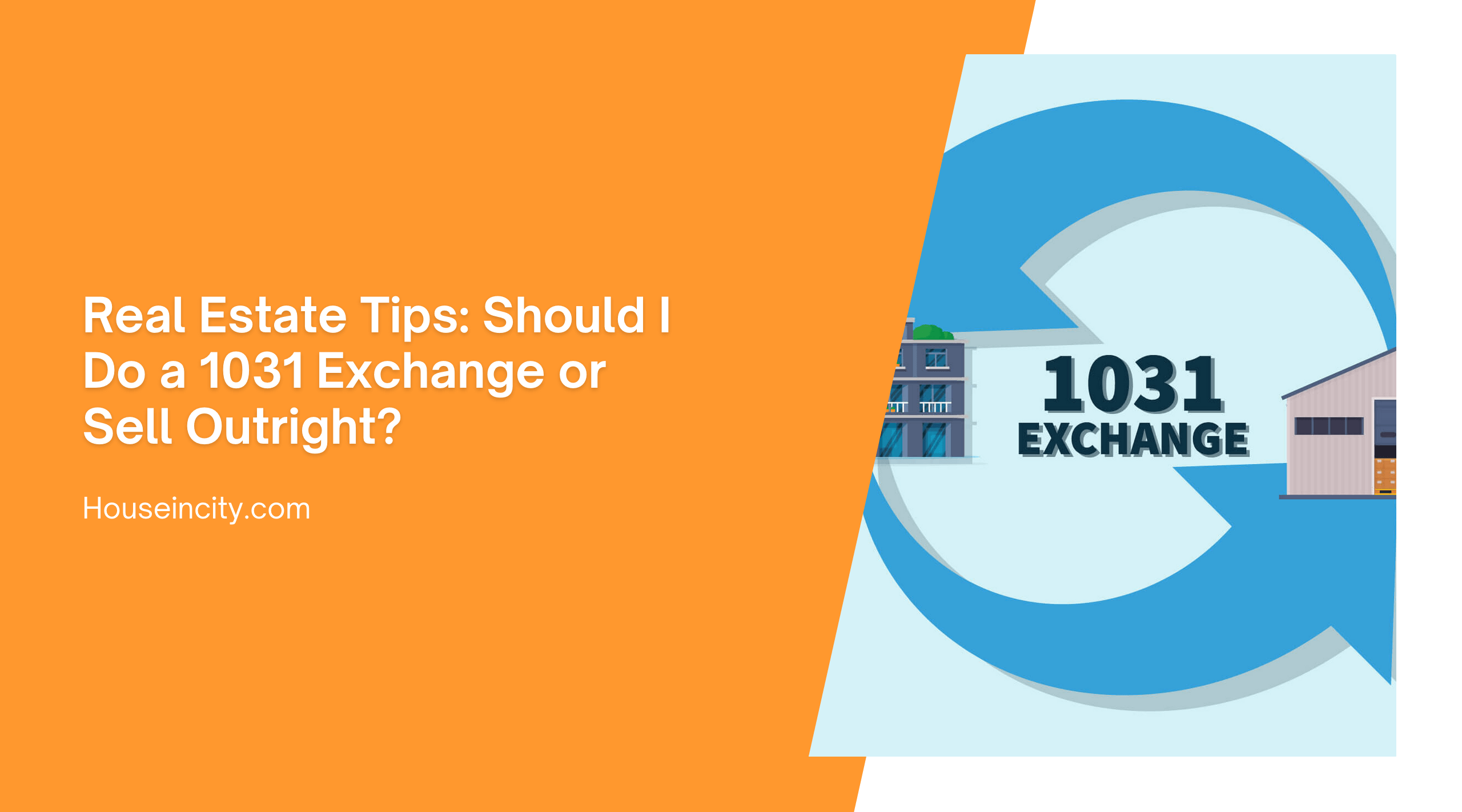Like many taxpayers, you may be sitting on some property that you are thinking of selling. But like all taxpayers, you will have to pay taxes to the government on the financial gain that you will realize from the sale. Every dollar in taxes you pay to the government is one less dollar that you will have working for you in the long term. A 1031 Exchange can keep that money from the government’s hands and keep it working for you. How? The answer lies in the time value of money.
Ultimately, you want to compound your wealth over time. Section 1031 of the Internal Revenue Code contains a non-exchange provision, which means a financial gain is not recognized, so there are no taxes to pay on the transfer of property. In simpler terms, you have not received an actual cash gain from the sale, so there is nothing to pay taxes on. You have merely acquired a “paper” gain by exchanging one piece of property for another. Instead, what you are actually doing is deferring the tax liability indefinitely.
For example, a taxpayer had some small multi-family investments – some four-plexes and small apartment buildings. The properties had increased in value, and rather than sell outright, she did some 1031 Exchanges thereby deferring the taxes. She pooled the proceeds from some of the properties and acquired a 46-unit apartment building. Due to a healthy economy and her skills as a property manager, the larger property increased in value over the years. She eventually exchanged the 46-unit building for a 100-unit building in Florida. The 1031 Exchanges allowed her to continually purchase more property, rather than pay taxes on the proceeds to the government with an outright sale.
She kept the money working for her, and increased her wealth over time. Sound like Monopoly? It kind of is – she went from owning small properties to a large 100-unit building.
Any investment property or real estate used in a trade or business will qualify for a 1031 Exchange. Certain personal property, such as cranes, aircraft and collector cars will also qualify. However, stocks, bonds, notes, mortgages, interest in a real estate investment fund and interest in a business, will not qualify for a 1031 Exchange.
In addition to having your money working for you, you will also have more equity to put into a new investment. This increase in equity will help you qualify for additional financing. Lenders find it appealing when you have your own cash tied-up in the investment.
Lastly, deferring the tax and retaining more money for investment property essentially results in an interest free loan from the government, in what you would have paid in capital gains tax.
